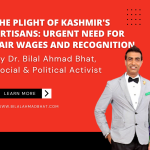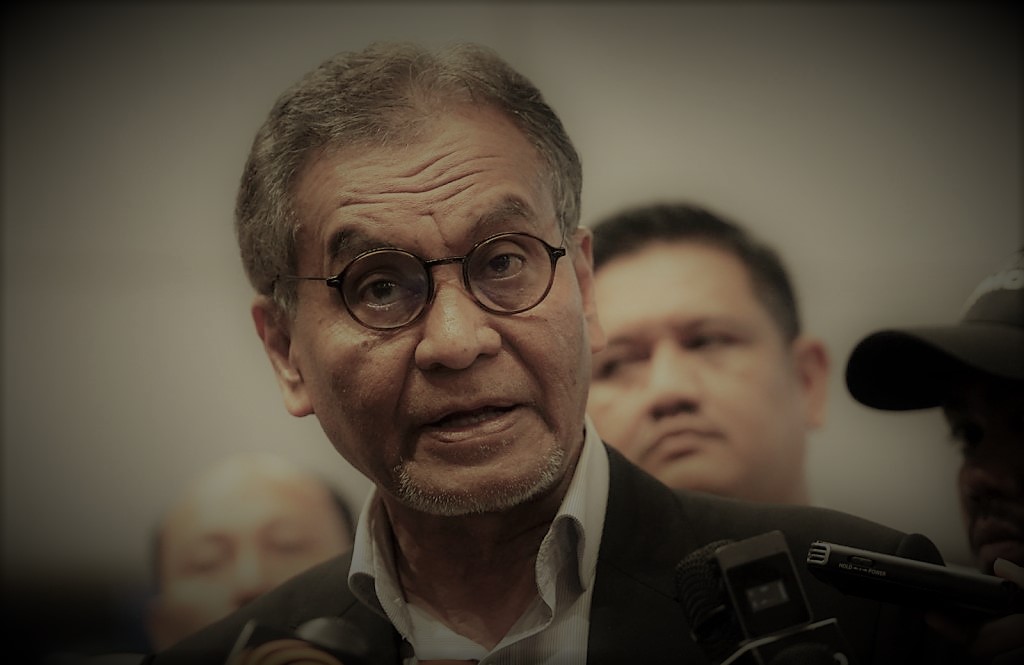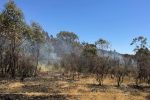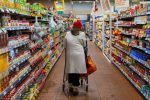Srinagar, July 25, 2024 – The Wuyan-Khrew Stone Quarry Association, joined by members from Ladhoo, Mondekhpal Awantipora, and surrounding areas, held a peaceful sit-in today to protest the blanket ban on stone quarry operations. This demonstration highlighted the growing unemployment crisis resulting from the ban and drew support from prominent socio-political activists, including Syed Basharat Hussain Moosa and Dr. Bilal Ahmad Bhat, who voiced strong support for the affected families.
Addressing the assembled crowd and the media, Syed Basharat and Dr. Bilal Ahmad underscored the severe economic fallout of the ban. “This is not just about thousands, but lakhs of individuals whose livelihoods have been disrupted by the halt in stone quarry operations,” they emphasized, pointing to the extensive impact on the local economy and community welfare.
The activists emphasized the government’s obligation to safeguard its citizens, raising critical questions: “If these individuals are rendered jobless, who will feed their families? Why push them to the brink? They are not asking for charity but for the right to earn a dignified living.”
Syed Basharat and Dr. Bilal Ahmad passionately appealed to Lieutenant Governor Manoj Sinha for immediate intervention. “We earnestly request our Lt. Governor to address this long-standing issue and allow these people to return to their ancestral work. This is vital for them to support their families and maintain their dignity in society,” they pleaded.
The peaceful protest highlighted the urgent need for action and the deep frustration and desperation within the community. The blanket ban on mineral extraction has disrupted countless lives, leaving many families struggling to make ends meet.
The sit-in served as a stark reminder of the crucial role stone quarries play in the local economy, providing employment and sustenance to a significant portion of the population. As the protest continues, the call for government intervention grows louder, with affected families hoping for a swift resolution that will enable them to resume their work and restore their livelihoods.
This demonstration underscores the broader implications of the ban and the necessity for a balanced approach that considers both environmental concerns and the economic needs of the local population. The community’s plea is clear: a call for a solution that allows them to work and live with dignity.








